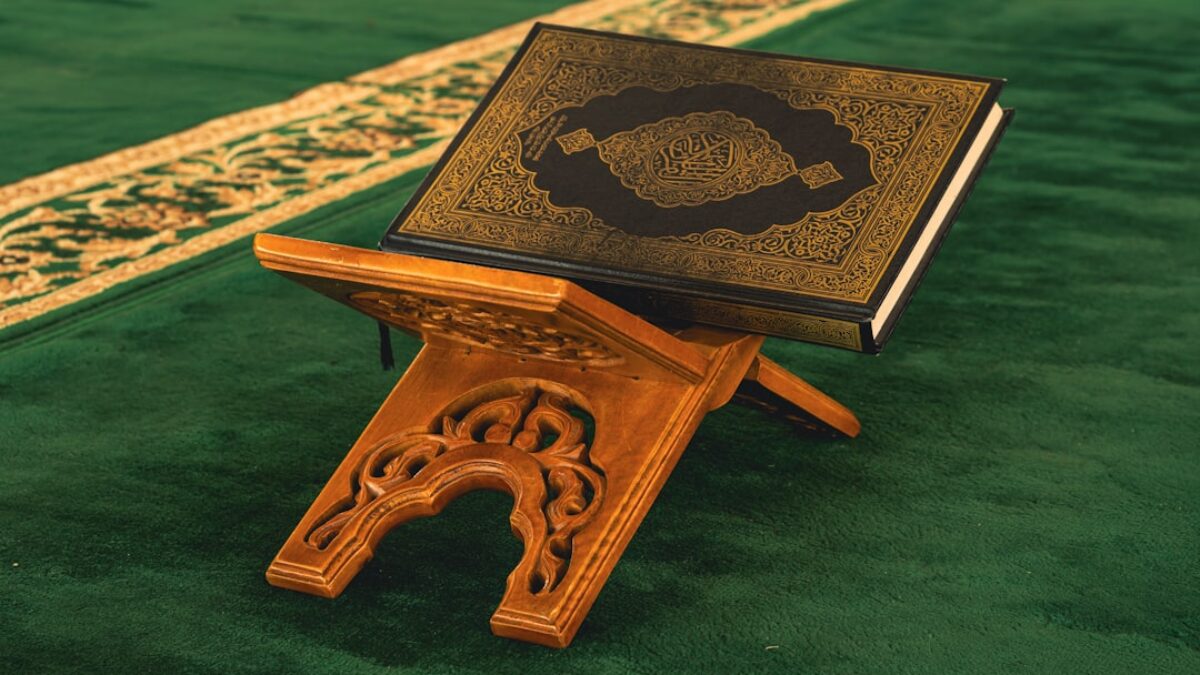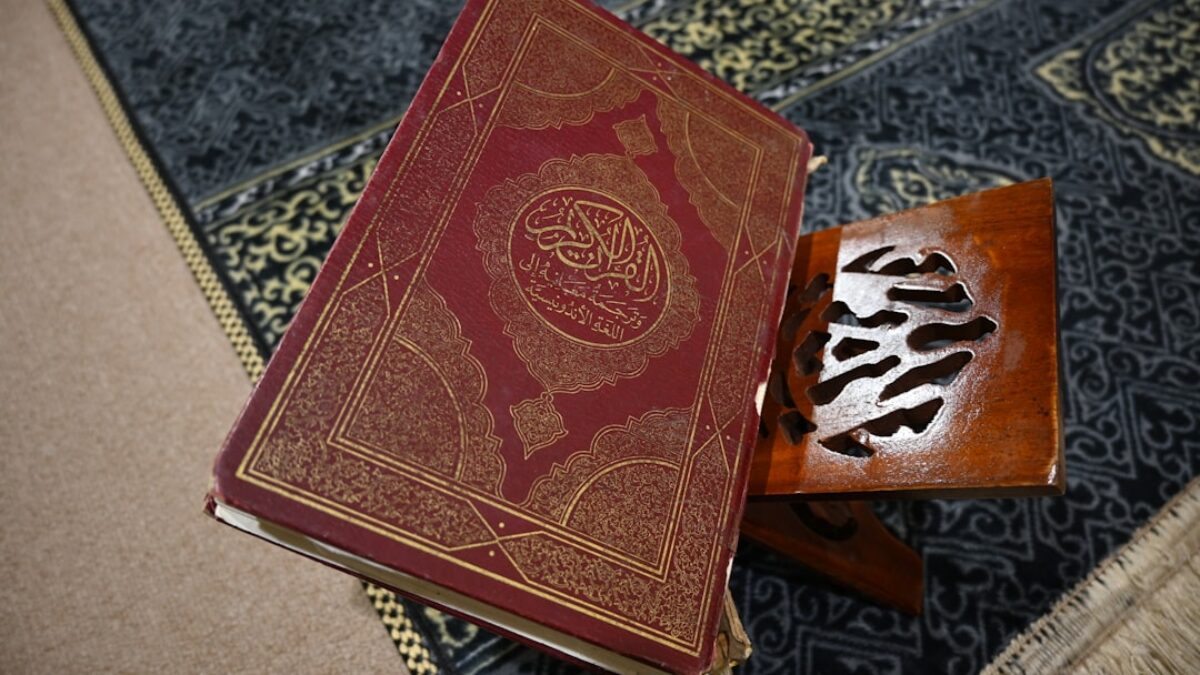Islamic Worship Essentials: A Beginner’s Guide to Salah, Wudu, and Daily Rituals
Starting the journey of Islamic worship can feel both inspiring and overwhelming. For new Muslims, curious guests, or even born Muslims seeking to refresh their practice, the ritual acts of Salah (formal prayer), Wudu (ritual ablution), and the surrounding daily habits form the heartbeat of a believer’s connection with Allah. This guide removes the mystery and replaces it with clarity, offering step-by-step instructions, practical tips, and spiritual insights that transform duty into devotion.
Understanding the Five Pillars and Their Context
Islam is built on five pillars: Shahada (declaration of faith), Salah, Zakat (almsgiving), Sawm (fasting), and Hajj (pilgrimage). While each pillar has its own depth, Salah is the second and the most frequently performed, weaving worship into the fabric of daily life. To approach Salah correctly, one must first grasp its prerequisites—chief among them Wudu.
The Spiritual Significance of Salah
Salah is not simply a set of gestures; it is the direct link between the servant and the Lord. The Prophet Muhammad ﷺ described it as “the coolness of my eyes” and the first matter that will be questioned on the Day of Judgement. By performing Salah five times a day, Muslims renew their covenant with Allah, seek guidance, and express gratitude.
Prescribed Times: The Rhythm of a Believer’s Day
- Fajr: Dawn, before sunrise
- Dhuhr: Midday, after the sun passes its zenith
- Asr: Late afternoon
- Maghrib: Just after sunset
- Isha: Night, when twilight has disappeared
Each window offers a fresh opportunity to reset spiritual compasses, release stress, and realign priorities.
Key Components of Wudu (Ablution)
Wudu is the purification rite that must be performed in a valid manner before any Salah. It is both physical cleansing and spiritual preparation.
Prerequisites and Obligatory Acts
- Niyyah (intention): Silently state the purpose in the heart.
- Washing the hands up to the wrists three times.
- Rinsing the mouth and nose three times.
- Washing the face from the hairline to the chin and from ear to ear, three times.
- Washing the arms up to and including the elbows, three times.
- Passing wet hands over the head once, wiping the front to the back and then the nape.
- Washing the feet up to and including the ankles, three times.
Common Mistakes to Avoid
- Rushing without ensuring water reaches every required area.
- Talking unnecessarily, which can nullify the intention.
- Using excessive water, contradicting the Prophet’s instruction of moderation.
Sunnah Enhancements
Beyond the obligatory acts, the Prophet ﷺ recommended:
- Saying Bismillah before starting.
- Using Siwak (tooth-stick) or toothbrush to clean teeth.
- Starting with the right side of the body.
Step-by-Step Guide to Performing Salah
Preparation: Dress Code and Direction
Ensure clothing covers the body appropriately (at least from navel to knee for men; full body except face and hands for women). Face the Kaaba in Mecca (Qibla) and ensure the prayer area is clean.
| Item | Men | Women |
|---|---|---|
| Covering | Loose clothing to ankles and wrists | Loose, non-transparent, covering hair, neck, and body |
| Preferred Color | White (Sunnah) | Any modest color |
The Twelve Steps of a Two-Rak’ah Prayer
- Takbir al-Ihram: Raise hands to shoulder level, say “Allahu Akbar,” and enter the state of prayer.
- Al-Fatihah: Recite the opening chapter of the Qur’an.
- Additional Surah or verses.
- Ruku: Bow with hands on knees, back flat, praising Allah.
- I’tidal: Stand upright, praising Allah.
- Sujud: Prostrate twice, touching forehead, nose, hands, knees, and toes to the ground.
- Jalsa: Sit briefly between prostrations.
- Repeat steps 2–7 for the second Rak’ah.
- Tashahhud: Sit after the second Sujud, reciting the testimony of faith and salutations upon the Prophet ﷺ.
- Salam: Turn the head to the right, then left, saying “As-salamu ‘alaykum wa rahmatullah.”
Adjusting for Three or Four Rak’ahs
Add extra Rak’ahs for Maghrib (three) or Dhuhr, Asr, and Isha (four). After the second Rak’ah, perform Tashahhud, then stand for the remaining Rak’ahs and conclude with Salam.
Benefits and Importance of Consistent Practice
Spiritual Rewards
Regular Salah polishes the heart, erasing sins like water erases dirt. It also acts as a shield against immorality: “Indeed, prayer prohibits immorality and wrongdoing” (Qur’an 29:45).
Physical and Mental Health
- Posture therapy: Ruku (bowing) and Sujud (prostration) improve spinal alignment and blood circulation.
- Mindfulness: Focusing on recitation and movements reduces anxiety.
- Time management: Setting five daily appointments with Allah creates disciplined routines.
Social Cohesion
Congregational prayers, especially Friday Jumu’ah, foster unity across ethnic and economic lines, reminding believers of their shared purpose.
Practical Applications for Beginners
Building the Habit
- Start with one: Begin by committing to one prayer daily; expand as confidence grows.
- Set alarms: Use smartphone apps like Muslim Pro or Athan with gentle adhans.
- Create a dedicated space: A clean corner with a prayer rug and Qur’an signals the brain it is time to worship.
- Recruit an accountability partner: A friend or family member can encourage consistency.
Learning Resources
- YouTube channels: Digital Mimbar and Zamzam Academy offer free tutorials.
- Mobile apps: Learn Salah uses 3-D avatars to demonstrate movements.
- Local mosque classes: Many mosques run “New Muslim Circles” every weekend.
Family Involvement
Children learn by imitation. Encourage them to join prayer times with kid-sized prayer rugs. Narrate short stories from the Prophet’s life to keep them engaged.
Frequently Asked Questions
What if I miss a prayer because of sleep or forgetfulness?
Islamic law considers these cases excusable. Upon waking or remembering, perform the missed prayer immediately. The Prophet ﷺ said, “Whoever forgets a prayer or sleeps through it, let him pray it when he remembers it.”
Can I combine prayers while traveling or at work?
Yes. Dhuhr and Asr, and Maghrib and Isha, may be combined under genuine hardship—such as long-distance travel or demanding work schedules—provided the intention is made. Consult a knowledgeable local scholar to ensure conditions are met.
How do women handle Wudu and Salah during menstruation or post-natal bleeding?
During these periods, Wudu is not required for Salah because Salah itself is temporarily lifted. Women may perform ritual bathing (Ghusl) when the bleeding ends and then resume prayer.
Is it acceptable to pray on a chair if I have chronic knee pain?
Islam prioritizes ease without neglect. If standing or prostrating causes harm, one may sit on a chair or use supports. The key is to maintain the required postures as much as physically possible.
Do I need to understand Arabic to pray?
Recitations must be in Arabic to maintain uniformity across the global Ummah. However, beginners may read transliteration until they memorize verses. Meanwhile, learning Arabic remains a long-term goal to deepen understanding.
How can I shorten Salah when traveling?
For journeys exceeding approximately 48 miles (77 km), four-Rak’ah prayers (Dhuhr, Asr, Isha) are shortened to two. This concession lasts for the duration of the trip, typically up to three days for most schools of thought.
Can I pray in a public place or workplace?
Yes. Islam encourages preserving prayer times regardless of location. Find a quiet, clean corner, use a travel-size prayer rug, and let supervisors or colleagues know in advance to foster mutual respect.
Conclusion
Embarking on the path of Salah, Wudu, and daily rituals is less about perfection on day one and more about sincere intention and steady progress. Each Wudu washes away not only physical dirt but also spiritual distractions. Each Rak’ah is a conversation with the Divine, grounding us in gratitude and humility. By starting small, leveraging modern tools, and seeking community support, beginners transform obligatory acts into cherished habits. Remember, Allah values consistency over intensity: “The most beloved of deeds to Allah are those that are continuous, even if they are few” (Sahih Bukhari).
May this guide serve as your roadmap, transforming the five daily appointments with Allah into the highlight of your day, and may your footsteps toward the prayer mat echo as footsteps toward eternal peace.
























Post Comment